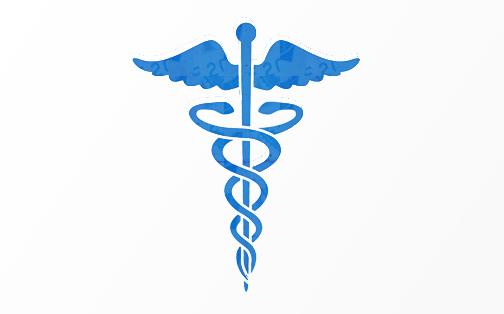Obamacare health exchanges go live, so why aren’t the poor celebrating?
The next phase of the Affordable Care Act arrived today.
The long anticipated health insurance exchanges called for under Obamacare, as the law is better known, is now live, allowing residents in every state to shop for health insurance in online marketplaces.
According to the Obama administration, the competition these exchanges create will drive down consumer prices — but recent polls show the American public isn't sold on whether the program will benefit them and are unconvinced the Affordable Care Act is a "good idea."
A recent NBC/Wall Street Journal poll found 31 percent of Americans think the ACA is a good idea while 44 percent say it's a bad idea. Even in the nation's poorest counties, the pockets of approval are scarce, said Dante Chinni, director of the American Communities Project at American University.
"You're talking about places where at least 20 percent of people in the community in the county don't have insurance and they're still opposed to the act," he said.
Though the law was designed to make getting medical insurance easier and more affordable, some of the nation's poorest people fear the change.
"The system we have now may not be good for them — but at least they know how it works," Chinni said. "And they're envisioning spending money they don't have down the road and I think that's one of the reasons they're really opposed."
Though many haven't had any official health insurance up to now, people have created their own "pseudo" health plan, Chinni said.
"They don't go until they're very sick and then they go to the emergency room and then they work out an agreement with the hospital to pay what they can pay," he said. "And they don't ever pay the full amount."
Getting health insurance, even inexpensive health insurance, means these people now have an extra monthly bill they didn't have before. Many of the poor would rather keep what they know.
Still, Obamacare could lighten the financial burden for those who are already paying for health insurance, Chinni argued. It could reduce their monthly bills, eventually, by reducing the number of people who have no insurance,
When the poor use emergency rooms as their doctor's office, someone has to pay. "It's not like the hospitals are just writing that money off," Chinni said. "What really happens is the people with insurance are picking up the tab on that bill."
It could be that America's health care system is too complicated for people to fully understand, Chinni said, which may contribute to the fear, uncertainty and opposition around the Obamacare changes.
"The idea that's there's a lot of disapproval of the Affordable Care Act isn't really surprising to me because right now it's just a bunch of scary ideas," he said. "Nobody knows what the reality is of it yet, they haven't seen it in action yet." From here on, that all changes.
